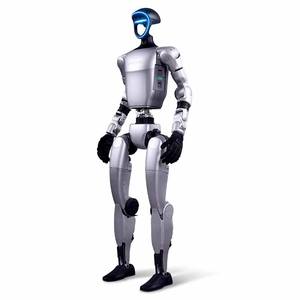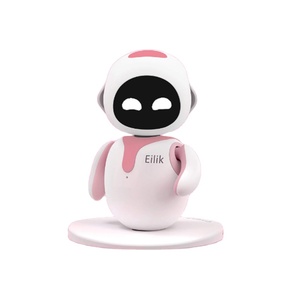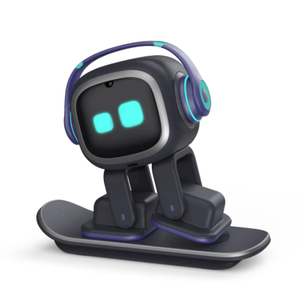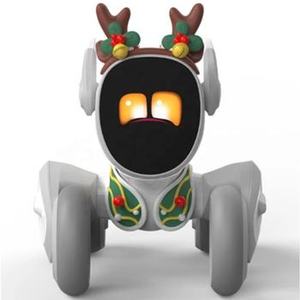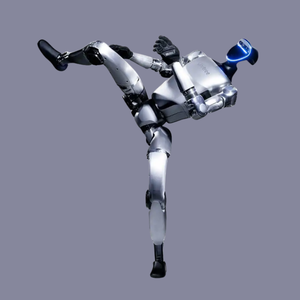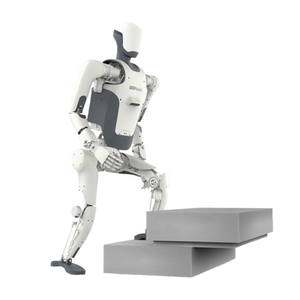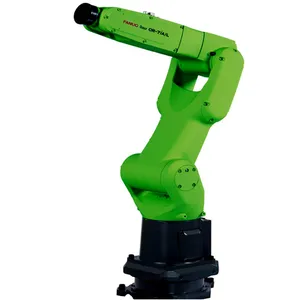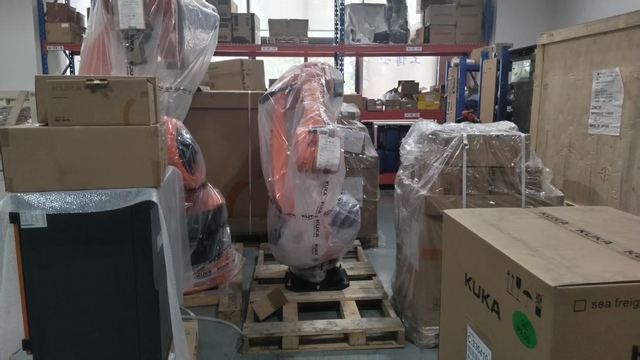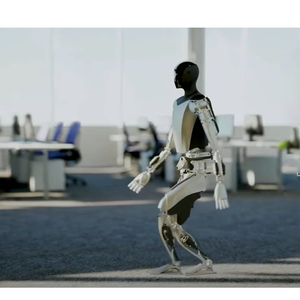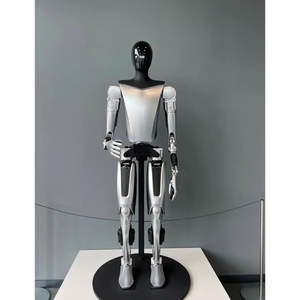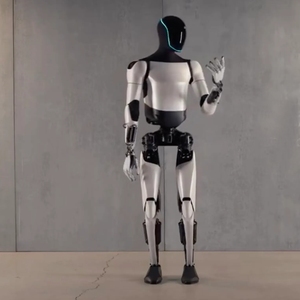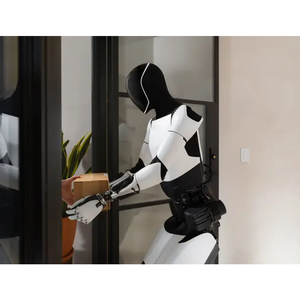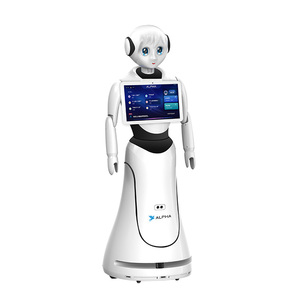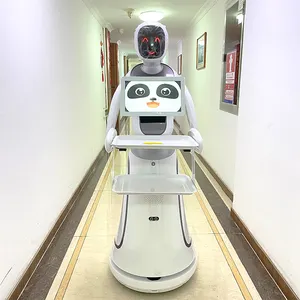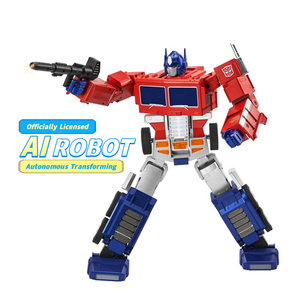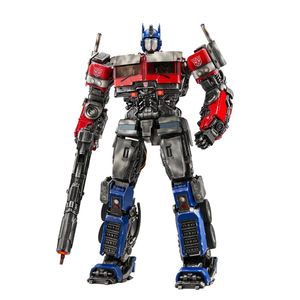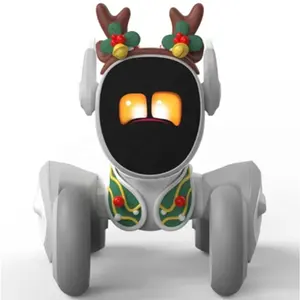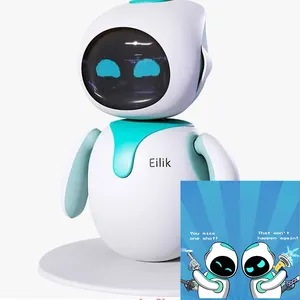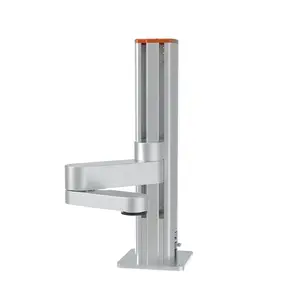Types Of Robots







 1/22
1/22



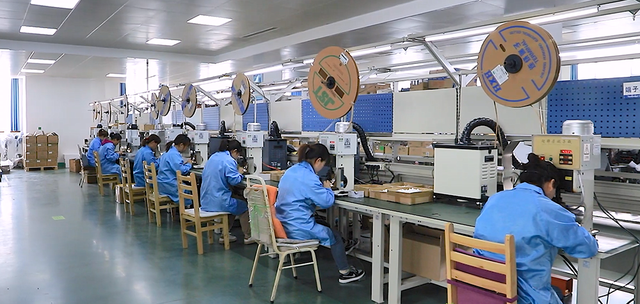

 1/3
1/3




 0
0



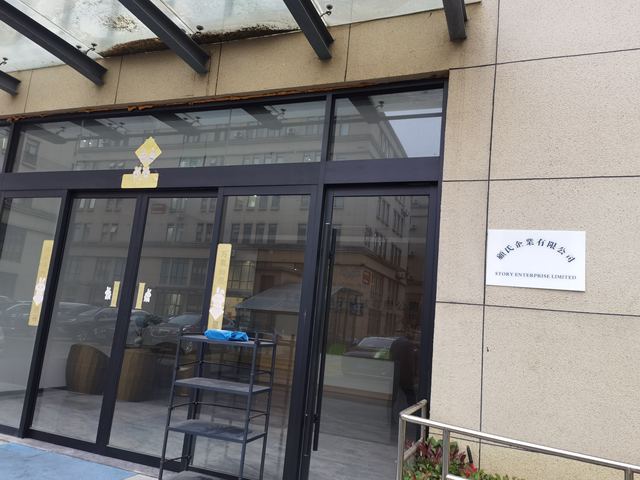

 1/3
1/3










 1/3
1/3





 1/3
1/3




 0
0





 1/3
1/3








 1/14
1/14





 1/3
1/3





 1/3
1/3










 1/3
1/3



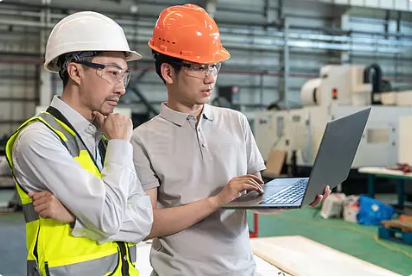

 1/3
1/3




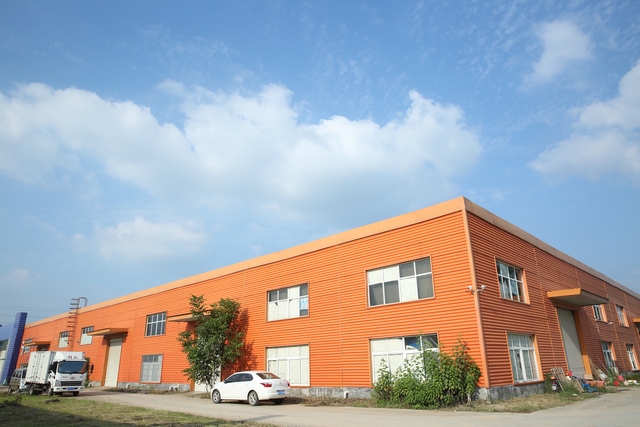
 1/1
1/1



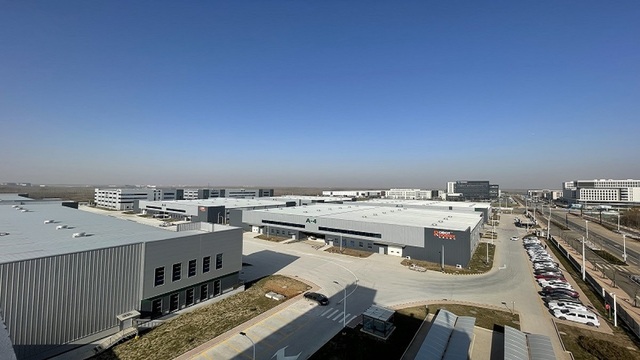

 1/3
1/3





 1/3
1/3





 1/3
1/3





 1/3
1/3
About types of robots
Where to Find Types of Robots Suppliers?
China leads global manufacturing in robotic systems, with key supplier clusters concentrated in Jiangsu, Beijing, and Shanghai. These regions host vertically integrated ecosystems combining advanced R&D infrastructure, precision component sourcing, and agile production lines. Jiangsu’s chemical and electronics industrial base supports high-volume bionic robot assembly, while Beijing excels in AI-driven commercial robotics, particularly service and delivery models. Shanghai leverages its port logistics and automation engineering expertise to produce industrial-grade robotic arms and collaborative systems.
Suppliers in these hubs benefit from localized supply chains for servo motors, microcontrollers, and structural materials, reducing lead times by 20–30% compared to non-specialized manufacturers. Production facilities typically integrate design, prototyping, and testing under one roof, enabling rapid iteration for custom configurations. Buyers gain access to scalable output—ranging from educational humanoid units to heavy-duty palletizing robots—with standard lead times averaging 15–30 days for pre-configured models and 45+ days for engineered solutions.
How to Choose Types of Robots Suppliers?
Effective supplier selection requires rigorous evaluation across technical, operational, and transactional dimensions:
Technical & Functional Compliance
Verify alignment with intended application requirements. For AI companion or educational robots, confirm programmability (e.g., Python/C++ SDK support) and sensor integration (LiDAR, vision systems). Industrial models should specify payload capacity, degrees of freedom, and repeatability metrics (±0.02mm typical for 6-axis arms). Demand compliance documentation where applicable—CE, FCC, or RoHS—for market-specific regulatory clearance.
Production and Customization Capacity
Assess supplier capabilities through the following indicators:
- Minimum factory area exceeding 3,000m² for stable volume output
- In-house R&D teams capable of firmware customization and UI/UX adaptation
- Material processing skills: CNC machining, injection molding, and surface finishing for durable exteriors
Cross-reference online revenue data and reorder rates to gauge market acceptance and reliability. Prioritize suppliers offering customization options in color, material, size, logo, packaging, and embedded software features.
Quality Assurance & Transaction Security
Evaluate on-time delivery performance (target ≥90%) and response time (≤4 hours preferred). Use third-party assurance mechanisms for payment protection, especially for first-time orders. Request product samples to validate build quality, motion control accuracy, and battery efficiency. Confirm post-delivery support availability, including remote diagnostics and firmware updates.
What Are the Best Types of Robots Suppliers?
| Company Name | Location | Primary Product Focus | Price Range (USD) | Min. Order Quantity | On-Time Delivery | Avg. Response | Online Revenue | Reorder Rate |
|---|---|---|---|---|---|---|---|---|
| Jiangyin Thousands Chemicals Co., Ltd. | Jiangsu, CN | Bionic AI Robots, Humanoid Units | $1,600–53,400 | 1 piece | 95% | ≤4h | US $250,000+ | <15% |
| Beijing LJ Robot Technology Co., Ltd. | Beijing, CN | Commercial Service Robots, Delivery Models | $2,600–3,800 | 1 set | 66% | ≤1h | US $10,000+ | 100% |
| Luterre Inc | Unknown | Children’s AI Companion Robots | $115–500 | 2–300 bags | - | ≤16h | - | - |
| Story Enterprise Limited | Unknown | Bionic Dogs, Humanoids, Programmable Kits | $700–16,530 | 1 set | 91% | ≤2h | US $50,000+ | <15% |
| Xiangjing (Shanghai) Mechanical And Electrical Tech Co., Ltd. | Shanghai, CN | Industrial Robotic Arms, Collaborative Robots | $19,999–50,000 | 1 set | 100% | ≤7h | US $50,000+ | 16% |
Performance Analysis
Xiangjing (Shanghai) demonstrates the highest operational reliability with a 100% on-time delivery rate and robust pricing for industrial robotic arms, making it ideal for manufacturing automation procurement. Jiangyin Thousands Chemicals offers premium bionic and humanoid robots at scale, backed by strong financial performance and sub-4-hour response times. Beijing LJ Robot stands out for commercial applications, achieving a 100% reorder rate despite moderate delivery performance, indicating high customer satisfaction in food service and retail robotics. Story Enterprise provides broad product variety with competitive responsiveness, while Luterre Inc focuses on low-cost companion units but lacks verifiable delivery and revenue metrics, presenting higher transaction risk.
FAQs
How to verify types of robots supplier reliability?
Cross-check declared certifications (ISO, CE, FCC) with official registries. Request facility videos or virtual audits to confirm production lines and quality control stations. Analyze transaction history, focusing on consistent order fulfillment and dispute resolution outcomes.
What is the average sampling timeline for robotic units?
Standard robot samples ship within 7–14 days. Customized models requiring software modifications or mechanical reconfiguration take 21–45 days depending on complexity. Air freight adds 5–10 days for international delivery.
Can suppliers export robots globally?
Yes, established suppliers manage international logistics via FOB or CIF terms. Confirm compliance with destination regulations, particularly for lithium batteries, wireless communication modules (Wi-Fi/Bluetooth), and AI-driven autonomy features subject to import controls.
Do suppliers offer free samples?
Free samples are rare for high-value robotic systems. Most suppliers charge full or partial fees, which may be credited toward bulk orders (typically MOQ ≥5 units). Negotiate sample costs during initial inquiry.
How to initiate customization requests for robotic systems?
Submit detailed specifications including desired functionality (autonomous navigation, voice interaction, payload), physical dimensions, power requirements, and software interface needs. Leading suppliers provide CAD models, 3D renderings, and prototype timelines within 72 hours of receiving technical briefs.

